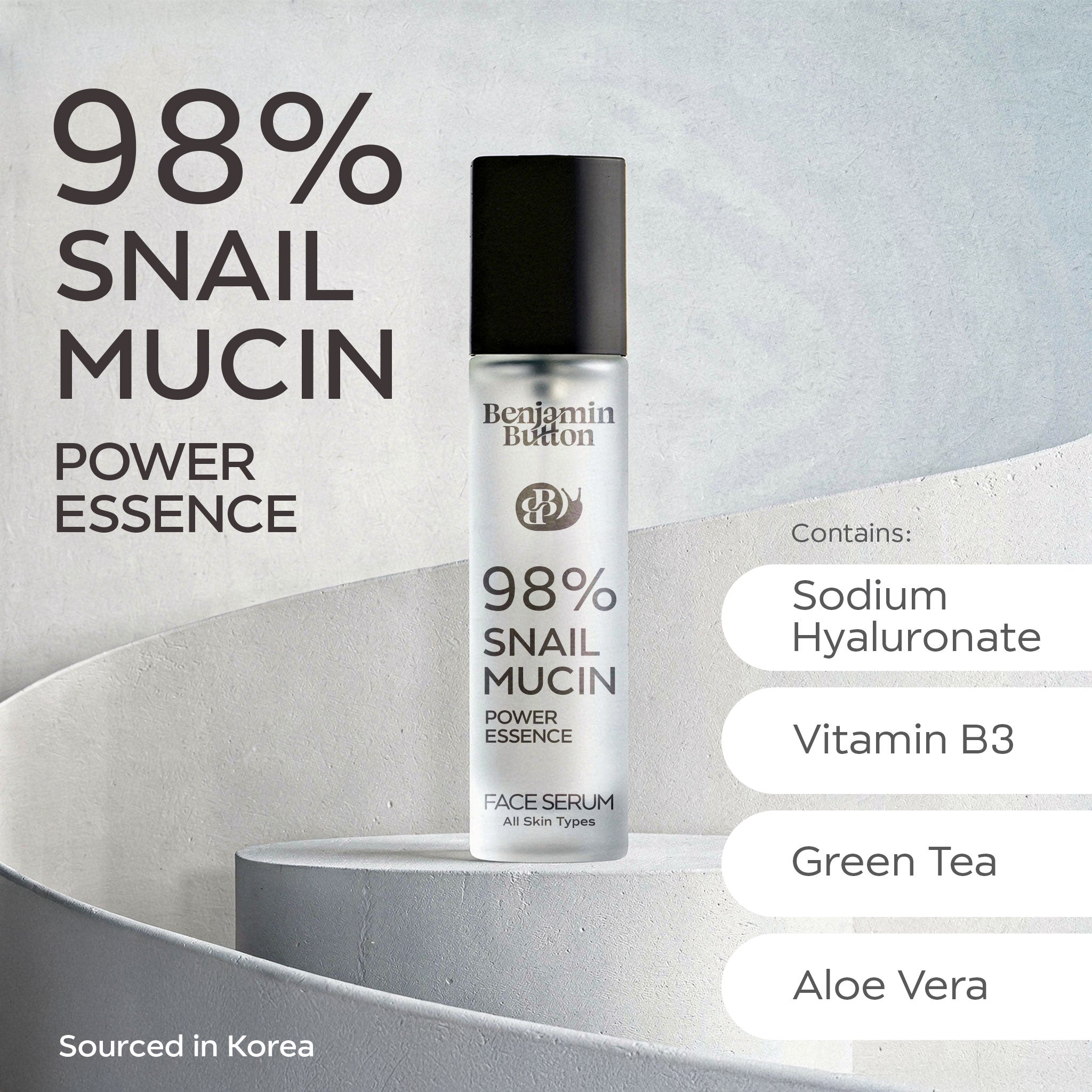Understanding Biological vs. Chronological Age
When discussing age, we often refer to our chronological age, the number of years we have existed since birth. However, biological age is a more nuanced concept that reflects the actual physiological condition of our bodies. Factors such as lifestyle choices, diet, exercise, genetics, and environmental influences play a significant role in determining biological age.The Science Behind Biological Age
Biological age can be assessed by various methods that measure how well your body is functioning. This can include:- Cellular health
- Gene activity
- Muscle mass and strength
- Cardiovascular fitness
- Metabolic health
Joanne McNally's Reaction and Its Implications
McNally's reaction to her staggering biological age has resonated with many, as it reflects a growing awareness around the importance of maintaining one's health over merely counting years lived. Her shock is not unfounded; many people are surprised by how their lifestyle choices reflect not just in their bodies but also in their longevity and vitality.The Role of Lifestyle Choices
Achieving a biological age that is significantly younger than one’s chronological age usually entails efforts in various lifestyle domains, including:- Nutrition: A balanced diet rich in vitamins and minerals contributes significantly to keeping the body functioning well.
- Exercise: Regular physical activity not only helps in maintaining a healthy weight but also enhances cardiovascular health and muscle mass.
- Sleep: Quality sleep is essential for recovery and the regeneration of cells, ultimately impacting biological age.
- Stress Management: Chronic stress can age us prematurely, so techniques such as yoga, meditation, or simple relaxation practices are essential.
- Avoiding Harmful Substances: Steering clear of smoking and excessive alcohol consumption is vital for maintaining youthfulness.
The Importance of Stress and Mental Health
In her discussions about biological age, McNally has undoubtedly touched on the need to consider mental health as part of the equation. The implications of mental health on overall wellness are immense:- Impact on Physical Health: Mental distress can manifest physically, leading to ailments that can roll back any gains made through healthy living.
- Longevity: A positive mindset, resilience, and healthy coping mechanisms contribute effectively to overall longevity.
- Quality of Life: Mental peace can enhance how we experience life, regardless of age, helping us stay active and engaged.






















